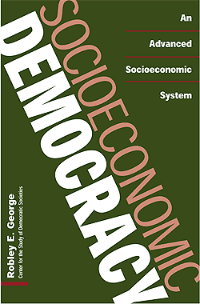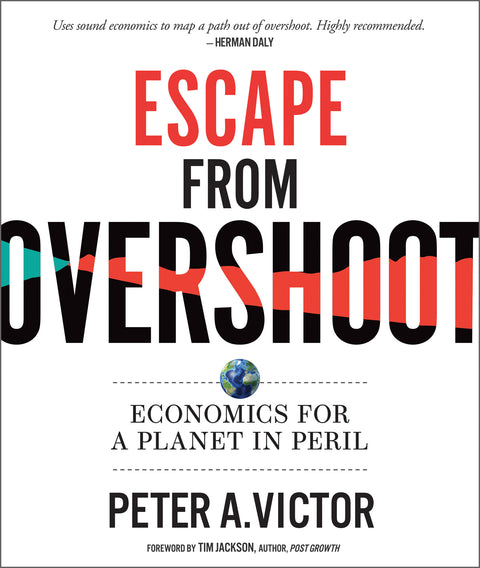I heard a report on NPR the other day where former EPA administrator Gina McCarthy offered that, in our culture, you don’t get people to change behavior by asking them to sacrifice but rather by convincing them that the change is good for them. I guess on the face of it that sounds practical. But there is a throbbing force within me that challenges that notion.
It would seem to me that by employing that strategy one reinforces the self-centeredness that is, at its base, the scourge of our time.
This “me” focus is accentuated in the gross growth of income by celebrities and others. The highlight recently was Elon Musk’s annual salary of $46 BILLION. But we can also look to Taylor Swift’s almost $2 BILLION for 2023, or the 5-year contract for $275 MILLION recently signed by football star Trevor Lawrence. See more in a recent NYT piece on sports salaries following the Caitlyn Clark signing. https://www.nytimes.com/athletic/5491137/2024/05/16/caitlin-clark-wnba-salary-comparison/
How much is enough, with 8 billion people living on a single planet under stress, largely because of the appetites for more? August 1 this year is expected to designate Overshoot Day. Earth Overshoot Day is computed by dividing the planet’s biocapacity (the amount of ecological resources Earth is able to generate that year) by humanity’s Ecological Footprint (humanity’s demand for that year) and multiplying by 365, the number of days in a year.
What does it tell us about ourselves that our culture keeps urging us to consume more, to get the newest, fastest, biggest thing; that constant advertising entices us to be unsatisfied with what we have and that to be truly fulfilled we need more, bigger, better?
The median household income for Michigan in 2023 was $64,488. That’s for a family of four. The super rich, such as those mentioned above, make a lot more money than their annual salaries, as they have investment income that is taxed at much lower rates than median workers’ income. This is a driver of national debt, because it shrinks government revenue while benefiting the already wealthy. It’s also why we can’t seem to afford to pay teachers more, provide health care for all, or seriously invest in addressing climate destabilization.
In 2002, Robley George wrote a little reviewed or read book, Socio-Economic Democracy: An Advanced Socioeconomic System.

While the title may seem a little heavy, its message was really straightforward: Why don’t we have a system that democratically determines what a minimum livable income should be as well as a maximum allowable wealth? He elaborates on these issues over some 200 pages with uncanny insights. The kicker is how to balance these extremes democratically, which he does nicely. It would be fascinating to have local communities vote their preferences and see where they set those limits!! I suspect you would see a significantly reduced gulf between the top and bottom, perhaps akin to studies that show people’s perception of wealth gaps and the reality. Check this out!
Serendipity intervenes. Just noticed after I drafted this that a new book has come out by economist Peter Victor, Escape from Overshoot: Economics for a Planet in Peril.

I got my fingers on a copy and read the forward, prologue, intro and first chapter this morning. You can read the prologue and first chapter here. It is an incredibly lucid text with tons of graphics to help make the points. The prepub accolades are numerous and impressive-
Uses sound economics to map a path out of overshoot. Highly recommended.
―Herman Daly
An excellent primer on key insights and questions in ecological economics
from a celebrated pioneer of the field.
―Jason Hickel, author, Less is More
Peter Victor provides a state-of-the-art overview of the drawings for the
economic rocket humanity needs for a safe landing on Spaceship Earth. In our
turbulent times, with multiple planetary boundaries breached and tipping points
approaching fast, Escape from Overshoot provides
the perfect launch pad for new economic thinking that reconnects the world with
planet Earth.
―Johan Rockström, Professor, Earth System Science;
Director of the Potsdam Institute for Climate Impact Research; and co-author,
Earth for All
The title of Peter Victor's important book says it all: the planet is in
peril and a major factor is a global economy too big for nature to flourish.
Human beings are animals and thus, like all other species, constrained by
nature and nature's laws. An economy unfettered by the needs and limits of
nature and propelled by a fool's goal of endless growth has created the twin
ecological crises of climate change and biodiversity loss. All who care about
the kind of world we are leaving to our grandchildren and what we can do to
bring the economy into harmony with nature must read this vital book.
―David Suzuki, emeritus professor and grandfather
No one pulls it all together as well as Peter Victor. His Escape from Overshoot covers climate and other key
issues with a compelling clarity. I highly recommend this book.
―James Gustave Speth, former Dean, Yale School of the
Environment, and author, America the Possible
Victor draws a plausible pathway that nicely intertwines with a growing body
of evidence and proposals for new economic models from across the globe. This
book is timely and gives cause for hope!
―Sandrine Dixson-Declève, co-president, the Club of
Rome, and co-author, Earth for All
Erudite and lavishly illustrated, Peter Victor's Escape
from Overshoot is a sweeping analysis of the flawed economic mindset
that has pushed us to the brink and an inspired prescription for the new
economics needed to help pull us back.
―William Rees, professor emeritus, University of
British Columbia, former director of the School of Community and Regional
Planning (SCARP), and co-author, Our Ecological Footprint
I own hundreds of books, all carefully curated. But I reserve one short
shelf for books that I think everybody needs to read right away in order to
grasp the human condition and what needs to be done. Peter Victor's Escape from Overshoot is now at the front of that
shelf. It is clearly and entertainingly written and elicits an aha! on every
page. Escape from Overshoot would be a great
book on those merits alone, even if it weren't the key to our collective fate.
―Richard Heinberg, Senior Fellow, Post Carbon
Institute, and author, Power
An absolute must read― I could not put it down and read it in one sitting.
Peter Victor masterfully ties the threads of economic thought together to
demonstrate why― and how― we can collectively do our best to avoid climate and
ecological breakdown.
―David Miller, managing director, C40 Centre for City
Climate Policy and Economy
Escape from Overshoot is a tour de force of
the latest research in ecological economics from one of the top researchers in
the field. In a highly accessible style, with a helpful figure or illustration
on almost every page, Peter Victor explains how the current economic system
works, how it has pushed us to the precipice of environmental collapse, and how
a post-growth economy could pull us back from the edge.
―Dan O'Neill, Associate Professor in Ecological
Economics, University of Leeds, and president, European Society for Ecological
Economics
If you want to enable the next generation to build a successful future,
ditch the textbooks from the past and get this one instead.
―Mathis Wackernagel, Ph.D., founder and president,
Global Footprint Network, and author, Ecological Footprint
I urge you to read it and think about how to live the rest of our remaining lives….
